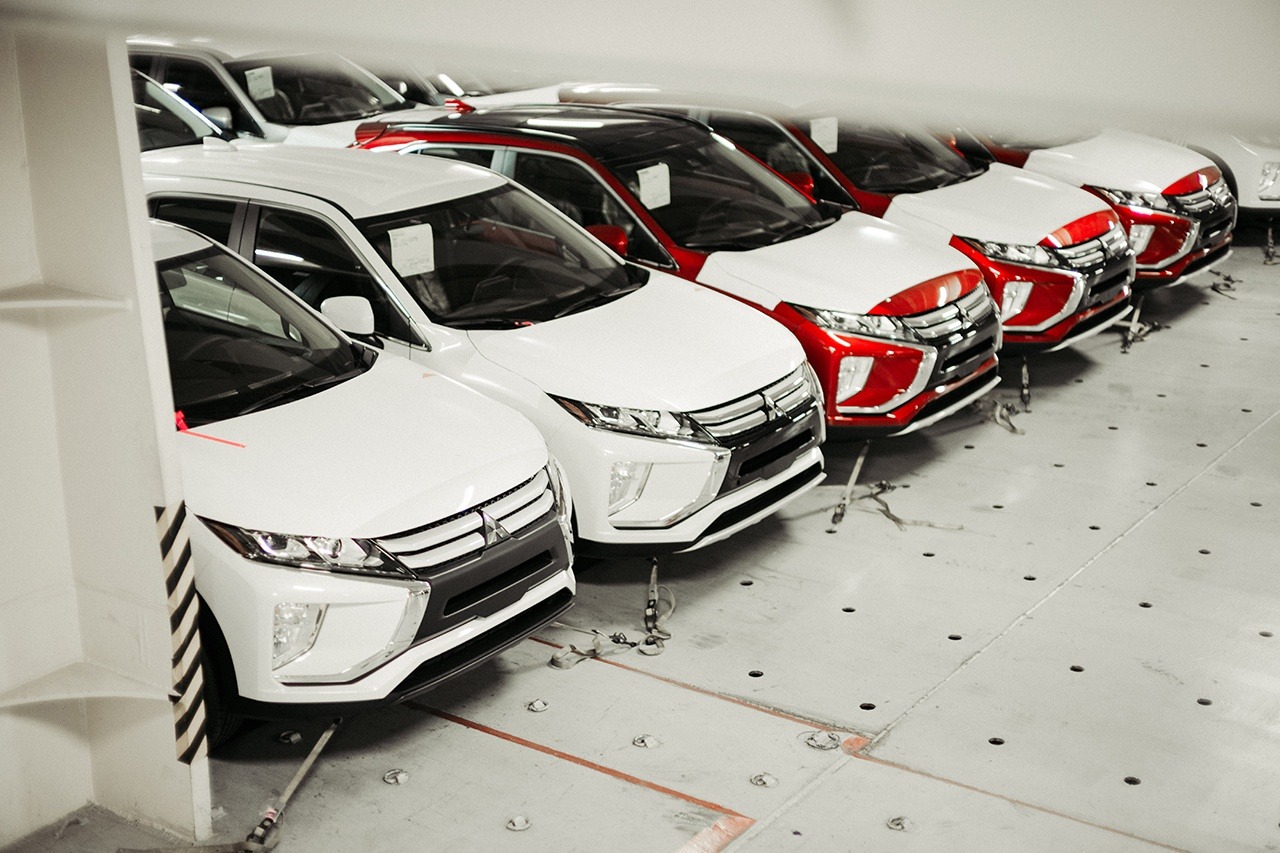Search the Community
Showing results for tags 'new tariffs'.
-
Yesterday, President Donald Trump announced a new round of tariffs on about $200 billion in Chinese goods beginning next Monday. The tariffs are set at 10 percent and could rise to 25 percent in January if the Chinese government refuses to offer concessions. Today, the Chinese government announced that it would take retaliatory action by placing tariffs on $60 billion of U.S. goods. This is bad news for automakers as the Detroit Free Reports that more than 100 car parts - ranging from tires to batteries - will be hit by the tariffs. Analysts told the paper the increased tariffs will raise prices and cause sales to fall, along with profits being cut for automakers. It's going to be felt by Americans and it's going to be a big deal. Tariffs are taxes on consumption. Eventually, costs will be passed down to the consumer. This will drive vehicle costs higher. It also includes a lot of body shop equipment," said Peter Nagle, senior analyst at IHS Markit. Analysts all agree that prices will go up, but aren't sure by how much. "Prices are going to go up, but they won't go up by 25 percent. It is most unfortunate that this is coming at a time when the auto cycle is in very late stage. Vehicle sales already are in slow decline. This will probably will be quite a gut punch when they are forced to raise prices," explained Jon Gabrielsen, a market economist who advises automakers and auto suppliers. "It covers literally everything that goes into the construction of an automobile, from the smallest components and material inputs like the cords in tires and shafts and gears and bearings all the way up to completed engines and, in some cases, chassis with engines mounted. Thing is, it takes about three years to source each product. It takes many years and possibly a decade to make that full move." Automakers didn't comment as to how they plan to absorb and pass the cost onto consumers. They did reiterate pleas for both governments to sit down and work this out. Source: Detroit Free Press, Bloomberg via Automotive News (Subscription Required) View full article
- 10 replies
-
- 1
-

-
- increase
- new car prices
-
(and 3 more)
Tagged with:
-

Why New Car Prices Are Expected To Rise Next Year
William Maley posted an article in Automotive Industry
Yesterday, President Donald Trump announced a new round of tariffs on about $200 billion in Chinese goods beginning next Monday. The tariffs are set at 10 percent and could rise to 25 percent in January if the Chinese government refuses to offer concessions. Today, the Chinese government announced that it would take retaliatory action by placing tariffs on $60 billion of U.S. goods. This is bad news for automakers as the Detroit Free Reports that more than 100 car parts - ranging from tires to batteries - will be hit by the tariffs. Analysts told the paper the increased tariffs will raise prices and cause sales to fall, along with profits being cut for automakers. It's going to be felt by Americans and it's going to be a big deal. Tariffs are taxes on consumption. Eventually, costs will be passed down to the consumer. This will drive vehicle costs higher. It also includes a lot of body shop equipment," said Peter Nagle, senior analyst at IHS Markit. Analysts all agree that prices will go up, but aren't sure by how much. "Prices are going to go up, but they won't go up by 25 percent. It is most unfortunate that this is coming at a time when the auto cycle is in very late stage. Vehicle sales already are in slow decline. This will probably will be quite a gut punch when they are forced to raise prices," explained Jon Gabrielsen, a market economist who advises automakers and auto suppliers. "It covers literally everything that goes into the construction of an automobile, from the smallest components and material inputs like the cords in tires and shafts and gears and bearings all the way up to completed engines and, in some cases, chassis with engines mounted. Thing is, it takes about three years to source each product. It takes many years and possibly a decade to make that full move." Automakers didn't comment as to how they plan to absorb and pass the cost onto consumers. They did reiterate pleas for both governments to sit down and work this out. Source: Detroit Free Press, Bloomberg via Automotive News (Subscription Required)- 10 comments
-
- increase
- new car prices
-
(and 3 more)
Tagged with:



